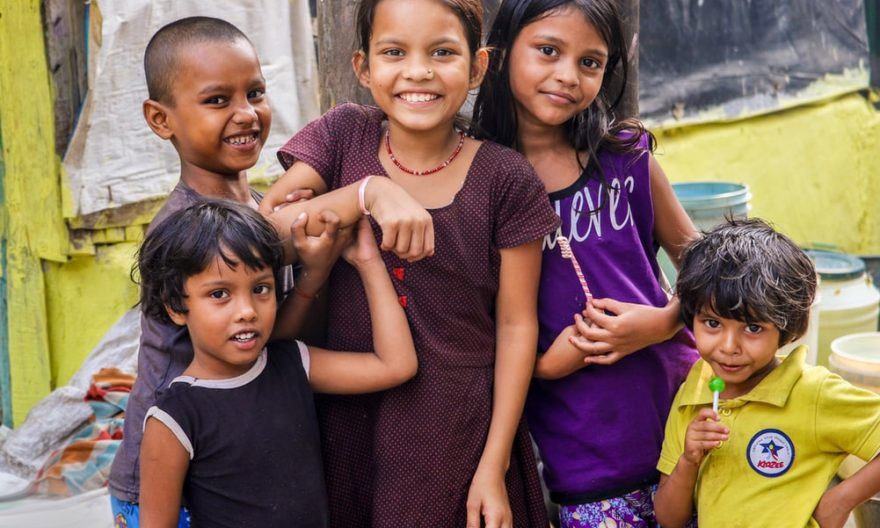
The Narendra Modi government is closely monitoring the progress made towards the sustainable development goals, a comprehensive list of 17 global goals and 169 associated targets, in tandem with the governments of states and Union territories, the Rajya Sabha was told.
The SDGs are targeted through the national development agenda and implemented through various development schemes. NITI Aayog has mapped the SDGs and associated targets with different government departments and central schemes, Union minister of women and child development Smriti Zubin Irani informed the upper house of Parliament in a written reply on Thursday.
The SDGs combine the economic, social and environmental aspects of development. The goals are adopted by 193 countries including India at the UN Sustainable Development Summit in September 2015. The SDGs came into effect on January 1, 2016 and are to be achieved by the end of 2030. The ministry of women and child development has taken several steps in this direction. Here’s a list of major schemes being implemented by the ministry.
India’s dropped two ranks on the SDG index to 112 in 2018. The government continues to be the major contributor towards the efforts to achieve SDGs. Funds from India’s rich towards this end fell by 4% since 2014. Indian philanthropists could raise their funding by up to three times, crucial for India which requires $60 billon to achieve at least five SDGs by 2030.
The SDGs replaced the eight poverty alleviation goals the world had committed to achieve by 2015. The MDGs aimed at reducing poverty, hunger, disease, gender inequality, and access to water and sanitation. World nations achieved great progress on the MDGs, but fell short of achieving the target of ending poverty.
The ministry of statistics and programme implementation has created a framework of 306 indicators in consultation with ministries to monitor the progress on the SDGs.
The schemes key to achieving SDGs
Anganwadi Services Scheme offers six services — supplementary nutrition, pre-school education, nutrition and health education, immunization, health check-ups and referral services – to children up to the age of six., pregnant women and lactating mothers.
National Nutrition Mission targets to reduce stunting, under-nutrition, anaemia among children, adolescent girls, pregnant women and lactating mothers.
Pradhan Mantri Matru Vandana Yojana provides cash incentive of Rs 5,000 directly to the account of pregnant women and lactating mothers.
Scheme for Adolescent Girls looks to empower and improve the social status of school girls in the age group 11-14 through nutrition, life skills and home skills.
National Creche Scheme provides day care to children up to the age of six years of working women for 26 days in a month.
Child Protection Services Scheme aims at improving the well-being of children in difficult circumstances and reducing the vulnerabilities that leads to abuse, neglect, exploitation, abandonment and separation from parents.
Mahila Shakti Kendra scheme empowers rural women through the involvement of student volunteers.
Swadhar Greh scheme supports women who need institutional support for rehabilitation.
Ujjawala looks to combat trafficking of women and children for commercial sexual exploitation by providing rehabilitation services.
Working Women Hostel provides affordable accommodation to working women. These hostels have day care facility for children.
Beti Bachao Beti Padhao is a joint initiative of ministries of women & child development, health & family welfare and human resources development. It is an awareness and advocacy campaign for changing mindsets.
One Stop Centre facilitates access to services such as police, medical, legal and psychological support and temporary shelter to women affected by violence, funded by Nirbhaya Fund.
Women Helpline provides 24-hour emergency and non-emergency response to women affected by violence through referral and information through a single telephone number.

